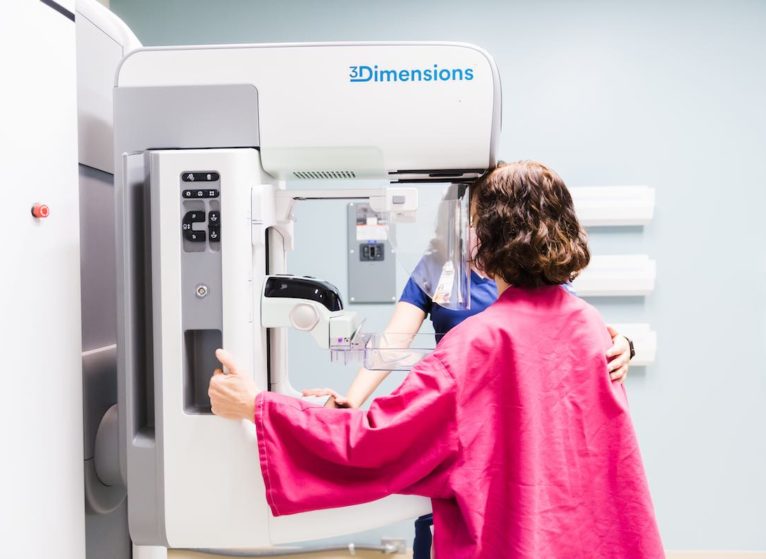The pandemic did more than cancel fun activities like weddings, graduations, and nights out with friends. It caused many people to put off doctor visits and ignore routine health screenings.
In fact, 36% of adults delayed or canceled health care visits due to concerns about exposure to the virus or limited health care services, according to an Urban Institute report. One of the best ways to stay healthier is to have these health screenings done regularly.
If you’re a woman who hasn’t kept up with routine medical appointments and health screenings, due to the pandemic or for other reasons, now is the time to schedule those appointments. Visiting your primary doctor, OB/GYN, and other medical practitioners helps protect your health. Screenings can pick up small, yet significant, changes in your health long before you experience any symptoms. This helps doctors identify health issues early when they are easier to treat.
Routine Health Screenings
These important health screenings are suggested for women at various ages (based on average risk for any particular disease).
Mammogram
The American Cancer Society® recommends annual mammograms for women ages 45-54. If you prefer, you may begin yearly mammograms at age 40. Women who are 55 and older should have mammograms every two years if prior screenings have been normal or may continue yearly screenings.
Cervical Cancer Screening
Pap smears, tests that detect cervical cancer, are recommended every three years for women ages 20-29. Women ages 30-65 should have a Pap test and a human papillomavirus (HPV) test every five years or a Pap test alone every three years. It’s also important to schedule an annual exam with your OB-GYN.
Blood Pressure Screening
High blood pressure increases your risk of heart attack, stroke, and kidney disease. If you’re 18-40, the U.S. Department of Health and Human Services recommends a blood pressure screening every three to five years, as long as your blood pressure is normal. After age 40, schedule yearly screenings.
Blood Test
Heart disease, anemia, diabetes, and other serious conditions may be detected with a yearly blood test. Knowing basic information about your cholesterol, blood sugar, iron, and other readings helps keep you healthier.
Colonoscopy
If you’re 45 or older, it’s time to schedule your first colonoscopy, a screening test that detects colon cancer. Colonoscopies are recommended every 10 years if your first colonoscopy is normal. If anything is found during this screening, you may be told to repeat the test more often.
Bone Density Test
This test helps identify osteoporosis, an age-related disease that weakens the bones, making them more likely to break. Experts usually recommend a bone density test for women at age 65.
Special Care for Women's Health Issues
Our expert, caring team treats women of all ages, from teens through the post-menopausal years.
Skin Cancer Check
Changes in moles or the appearance of new growths may be signs of skin cancer. The Skin Cancer Foundation recommends you get a full-body screening once per year.
Eye Exam
According to the American Academy of Ophthalmology, you should get an eye exam at least:
- Once in your 20s
- Twice in your 30s
- When you’re 40
- Every year or two if you’re 65 or older
More frequent eye exams are a must if you wear glasses or contact lenses or have an eye condition or disease.
Dental Exam
Visiting the dentist every 6 months reduces your risk of tooth decay and gum disease. Routine dental visits keep your teeth looking their best. Keeping your gums healthy and free from gum disease also helps protect you from other health issues.
The ages and frequency for many tests are based on general recommendations for people at average risk of a particular condition or disease. Your doctor may suggest you begin testing at an earlier age or have screenings done more frequently if you are at an increased risk. Although these screening recommendations are specifically for women, all health screenings listed except mammograms, cervical cancer screenings, and bone density tests are also recommended for men.


